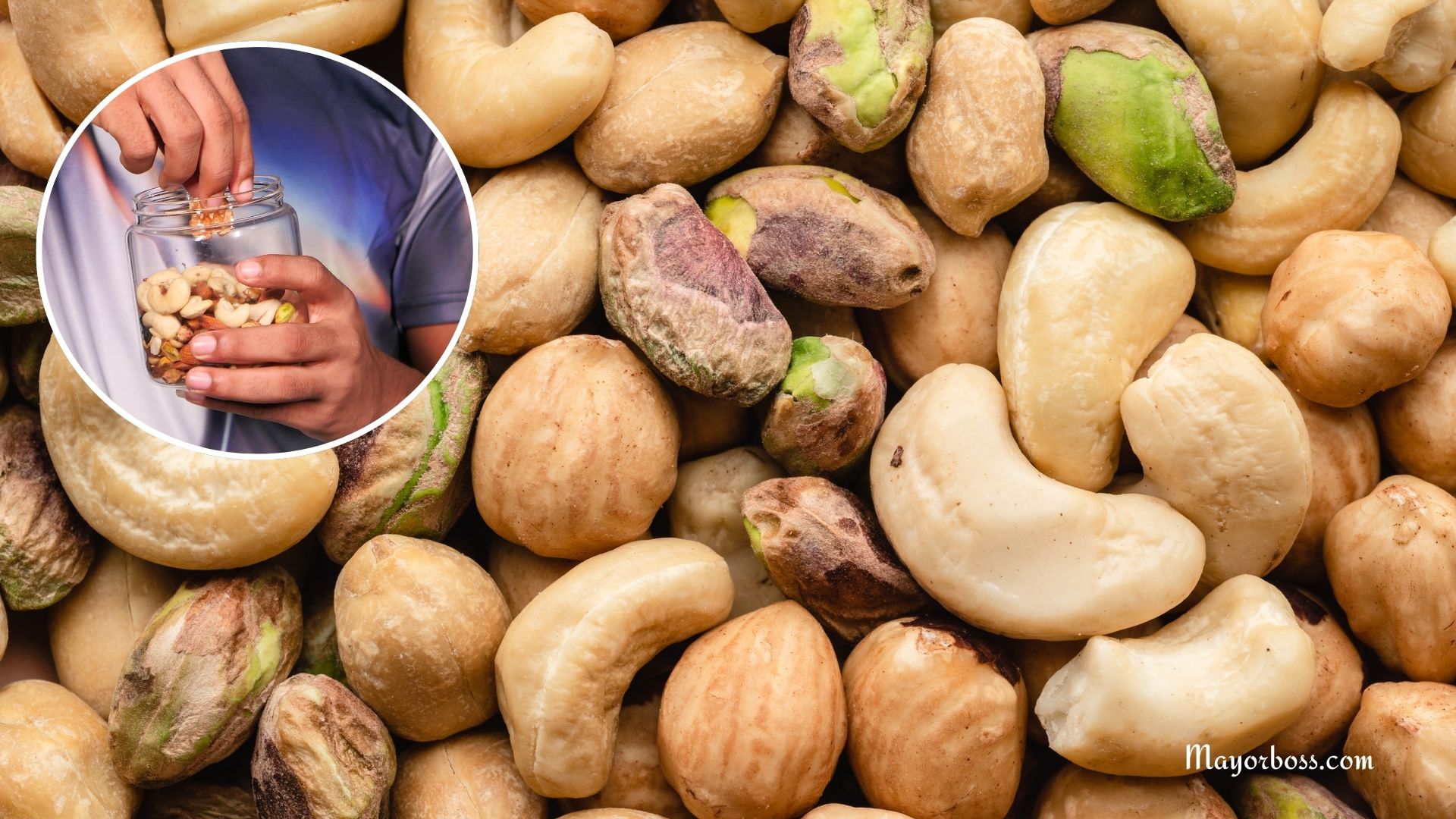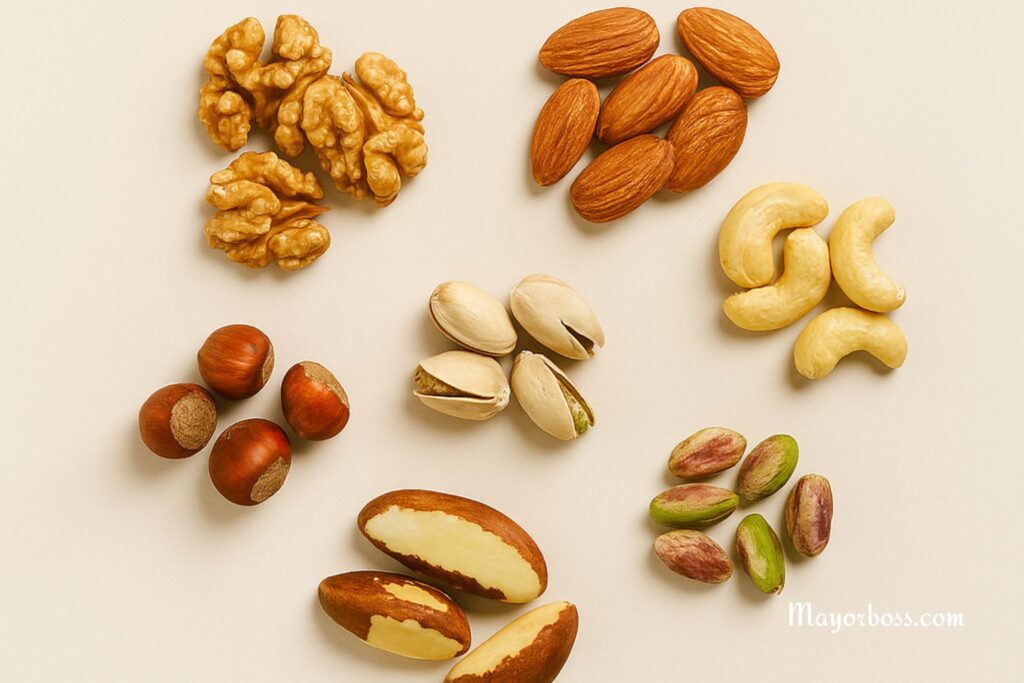Eat These 6 Nuts to Help Manage High Uric Acid Naturally
High uric acid levels in the blood can lead to gout, kidney stones, and other health issues. If you’ve been told your uric acid is high, you’re not alone. Many people deal with this condition, and diet is a key part of managing it.
While certain foods can raise uric acid, others can help bring it down. Nuts, in particular, are often overlooked. They offer healthy fats, fiber, and antioxidants—and some types may support lower uric acid levels naturally.
Here are six nuts that can be a helpful part of your diet if you’re trying to manage uric acid.

1. Walnuts
Walnuts are rich in omega-3 fatty acids, which have anti-inflammatory effects. Inflammation can make gout attacks more painful and frequent. By eating walnuts regularly, you may help reduce that inflammation.
They also contain fiber and antioxidants, which support kidney health. Since the kidneys remove uric acid from the body, keeping them healthy is essential.
Walnuts are low in purines—the compounds that break down into uric acid—so they’re a safe choice for people with high levels.
2. Almonds
Almonds are another excellent option. They contain magnesium, a mineral that may help lower uric acid levels when consumed regularly. They’re also a good source of plant-based protein, which is less likely to raise uric acid compared to animal proteins.
Additionally, almonds provide fiber and healthy fats, both of which support metabolic health. That’s important because conditions like obesity, insulin resistance, and high cholesterol are often linked to high uric acid.
Enjoy almonds raw or lightly roasted, but avoid those coated with salt or sugar.
3. Cashews
Cashews are low in purines and gentle on the kidneys. They also contain small amounts of zinc, magnesium, and iron, which help support a balanced metabolism.
Though cashews are slightly higher in carbohydrates compared to other nuts, they still offer significantly healthy monounsaturated fats. These fats may help reduce inflammation and support heart health—both of which are often affected by elevated uric acid levels.
Moderation is key, as too many cashews can contribute extra calories.
4. Pistachios
Pistachios are full of antioxidants, especially lutein and zeaxanthin, according to some studies. These compounds help reduce oxidative stress, which may play a role in uric acid buildup.
They’re also lower in fat compared to most other nuts, which makes them a good choice if you’re watching your weight. Keeping a healthy weight can help reduce uric acid naturally.
In addition, pistachios provide fiber and potassium, which support kidney function and help the body flush out waste like uric acid.
5. Brazil Nuts
Brazil nuts are rich in selenium, a powerful antioxidant that supports overall immune health. Some research suggests that selenium may help reduce inflammation in people with chronic conditions, including those related to uric acid buildup.
These nuts are also low in purines, so they don’t contribute to uric acid production.
However, Brazil nuts should be eaten in small amounts—just one or two per day. They’re high in selenium, and too much can cause problems. A little goes a long way.

6. Hazelnuts
Hazelnuts provide healthy fats, vitamin E, and plant compounds that help fight inflammation. Their antioxidant content may help reduce uric acid indirectly by improving blood vessel function and protecting cells from damage.
They are also gentle on the kidneys and low in purines, making them a safe and nutritious option for those with high uric acid.
Hazelnuts can be enjoyed raw, chopped into salads, or added to oatmeal.
What to Keep in Mind
While nuts can be a helpful addition to a uric-acid-friendly diet, portion control matters. Nuts are calorie-dense, so stick to about a small handful (1 ounce or 28 grams) per day.
Also, choose raw or dry-roasted varieties without added salt or sugar. Avoid heavily processed or flavored nuts, as those may contain ingredients that can worsen inflammation or disrupt metabolism.
